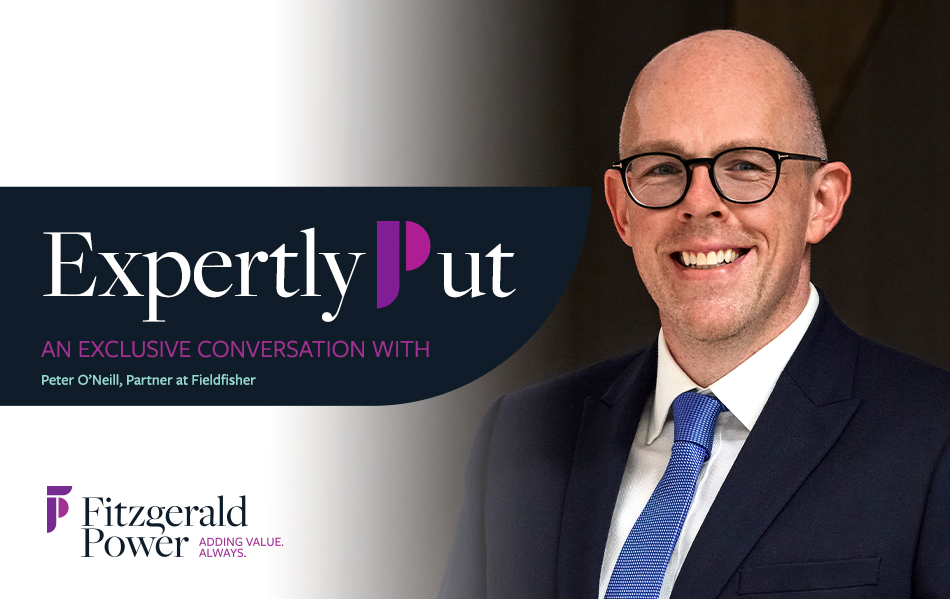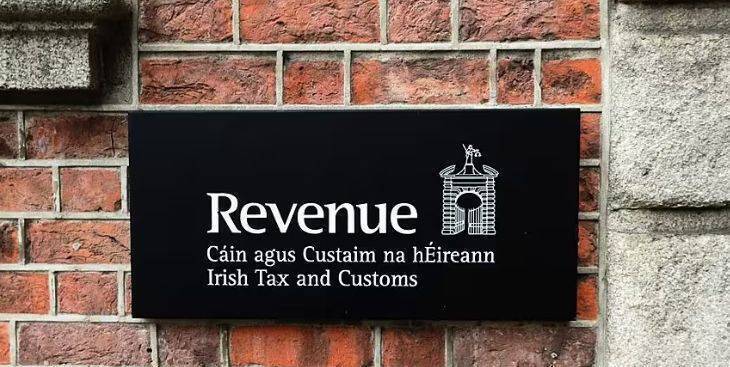Owning your own pharmacy is a big commitment, but it can also offer pharmacists greater freedom, career satisfaction, and the potential for a higher income. While acquiring a pharmacy can seem daunting, breaking it down into clear steps makes it much more manageable.
Below is an updated guide to the key stages involved in buying a community pharmacy in Ireland.
1. Identify the Right Opportunity
Before anything else, consider what type of pharmacy you want to purchase – location, size, turnover, staff structure, and your own long-term goals all matter.
A great starting point is to contact the active pharmacy brokers in Ireland. These firms maintain detailed databases of buyers and sellers, and they regularly share opportunities as they come to market. Fitzgerald Power is one of the leading firms in this space, providing expert guidance to prospective pharmacy buyers and helping connect them with the right opportunities.
2. Build Your Advisory Team
Buying a pharmacy is a specialist transaction. You will need:
-
A solicitor with experience in pharmacy or healthcare transactions
-
A commercial/financial advisor who understands the pharmacy sector and can assess the business’s underlying value
-
Support identifying the best bank funding options
Your advisory team will help you understand the pharmacy’s financial viability, manage negotiations, and guide you through the deal from start to finish.
3. Understand the Funding Requirements
To complete the purchase, you’ll need sufficient equity. Banks generally lend 3x to 3.5x maintainable EBITDA, and in some cases, this may stretch to 4x. Any remaining purchase price will need to be funded through personal savings, family loans, or other sources.
4. Making an Offer
Your initial offer will be non-binding, subject to:
-
Due diligence
-
PSI and HSE approval
-
Completion of legal contracts
At this stage, you’ll sign Heads of Terms and enter an exclusivity period, typically lasting 10–12 weeks.
5. Begin Due Diligence
Once the Heads of Terms are signed, your advisors will begin the full due diligence process. This involves:
-
Legal due diligence
-
Financial and commercial due diligence
-
Tax due diligence
Due diligence is one of the most critical stages of any pharmacy acquisition — it confirms that the business is structurally sound, financially viable, and free from hidden risks. We’ve covered this in more detail in our dedicated blog on the importance of due diligence, which outlines what buyers should look for and why this stage is essential for protecting your investment.
6. Secure Funding
While initial lender discussions will begin early, the detailed funding process starts once you are named the preferred bidder. Your commercial advisor will submit proposals to active pharmacy lenders, who will assess:
-
Current and future financial health of the business
-
Maintainable earnings
-
Your professional track record as a pharmacist and operator
Lenders will then issue credit-approved term sheets, allowing you to choose the most suitable offer.
7. Legal Documentation
Your solicitors will draft the Share Purchase Agreement and related transaction documents.
These are negotiated between legal teams until all parties are satisfied that the documents reflect the deal accurately and address any issues identified during due diligence.
Although the Heads of Terms are non-binding, they form the foundation of the final agreement, so accuracy here is crucial. For a deeper look at what goes into a SPA, you can read our article with Peter O’Neill from Fieldfisher on The Anatomy of a Share Purchase Agreement, which explains key clauses and considerations for buyers and sellers.
8. Regulatory Notifications
Both the PSI and HSE must be notified of the transaction. The PSI will conduct an inspection to ensure the pharmacy meets all regulatory requirements before the official transfer of ownership.
9. Finalise the Bank Offer
Once you choose your lender:
-
They will issue a Letter of Offer
-
A bank-appointed solicitor (paid by you) will ensure all legal requirements and security arrangements are in place.
10. Completion
When all due diligence is complete and funds are available, the sale closes. Ownership is updated with the PSI, and a new HSE contract is issued. Within three months of closing, completion accounts are prepared to cover the period up to the date of sale. These may lead to a final payment due to the vendor, depending on the agreed mechanism.
While all of this may sound daunting, it’s actually more straightforward than you might imagine.
Fitzgerald Power is Ireland’s leading financial advisor to the community pharmacy sector. Our dedicated pharmacy team has advised on hundreds of transactions and brings unmatched experience, sector insights, and commercial know-how.
We support buyers at every stage of the journey, from opportunity assessment, valuation and funding, to due diligence, negotiation, and completion.
If you’re considering buying a pharmacy, we’d be delighted to guide you through the process. Get in touch with our Corporate Finance team to arrange a confidential discussion.






